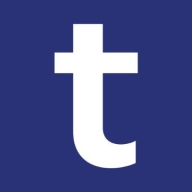

Find out in this report how the two Mobile App Platforms solutions compare in terms of features, pricing, service and support, easy of deployment, and ROI.
| Product | Market Share (%) |
|---|---|
| Android SDK | 11.7% |
| Temenos Quantum | 7.8% |
| Other | 80.5% |


| Company Size | Count |
|---|---|
| Small Business | 9 |
| Large Enterprise | 8 |
| Company Size | Count |
|---|---|
| Small Business | 4 |
| Midsize Enterprise | 2 |
| Large Enterprise | 10 |
Android SDK is the software development kit for developers who want to build applications for Android platform devices. The kit contains all the tools that a developer would require to create, test and debug their Android apps.
Android SDK is open-source, easy to install and use, and is compatible with all operating systems (Linux, Windows, and Mac OS).
Temenos Quantum is a Multiexperience Development Platform (MXDP) that combines ease-of-use and speed of low-code productivity with deep enterprise capabilities for both consumer grade digital experiences across multiple touchpoints and robust backend services for identity, integration, orchestration, business process automation, and business rules management.
We monitor all Mobile App Platforms reviews to prevent fraudulent reviews and keep review quality high. We do not post reviews by company employees or direct competitors. We validate each review for authenticity via cross-reference with LinkedIn, and personal follow-up with the reviewer when necessary.